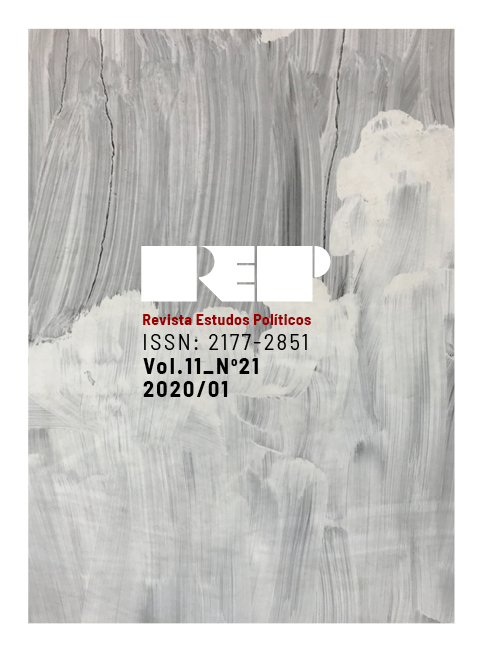“They declared war and made their decision to prefer might to right”: Thucydides on the use of force among states
DOI :
https://doi.org/10.22409/rep.v11i21.46519Résumé
When we think of the contributions made by the ancient Greek, the philosophy of Socrates and Plato, the plays by Sophocles, Euripides, and Aristophanes, or the historical thinking of Herodotus and Thucydides may come to or minds. Between the fifth and fourth centuries BCE, Athens set the stage for unprecedented cultural developments in the history of humankind. However, we sometimes forget that the historical period in which these authors lived and produced their masterpieces was also a time of war and plague. Some way or other, all these authors participated in the Peloponnesian War. And the Athenians, who were a major power at the beginning of the conflict, emerged as the defeated party in the end.
The main source of information we have about the Peloponnesian War is Thucydides’ work known as the Peloponnesian War. Thucydides took an active part in the war as a general on the Athenian side. But after failing to protect a city, of strategic value for the Athenians, he lost his position as a general and was forced into exile. It is in the exile, then, that Thucydides writes the Peloponnesian War, seeking to take into consideration the accounts provided by all parties involved in the conflict. The text, though, remained unfinished. And it is unclear whether the order of chapters, as displayed in most modern editions, matches Thucydides’ original plan. It is not my intention here to examine the structure of the Peloponnesian War as a whole. My goal is far more modest: I intend to focus only on a few specific passages in which Thucydides discusses the causes of war and the reasons for violent conflict among human beings.
Téléchargements
Téléchargements
Publié
Numéro
Rubrique
Licence
Para submeter um manuscrito, os autores devem realizar o cadastro na plataforma, fornecer os dados solicitados e seguir as orientações recomendadas. Para tanto, será necessário apresentar o número da identidade de pesquisador. Para obtê-lo, é necessário realizar o cadastro na plataforma Open Researcher and Contributor ID (ORCID).
Ao submeter um manuscrito, os autores declaram sua propriedade intelectual sobre o texto e se comprometem com todas as práticas legais relativas à autoria. A submissão implica, ainda, na autorização plena, irrevogável e gratuita de sua publicação na REP, a qual se responsabiliza pela menção da autoria.
A REP tem acesso aberto e não cobra pelo acesso aos artigos.
Orientando-se pelo princípio de que tornar público e disponibilizar gratuitamente o conhecimento científico contribui para a democratização mundial do conhecimento, a REP adota a política de acesso livre e imediato ao seu conteúdo.
No mesmo sentido, a REP utiliza a licença CC-BY, Creative Commons, a qual autoriza que terceiros distribuam, remixem, adaptem e criem a partir do trabalho, inclusive para fins comerciais, desde que se reconheça e torne público o crédito da criação original.
Para mais informações, contatar a editora através do e-mail revistaestudospoliticos@gmail.com


